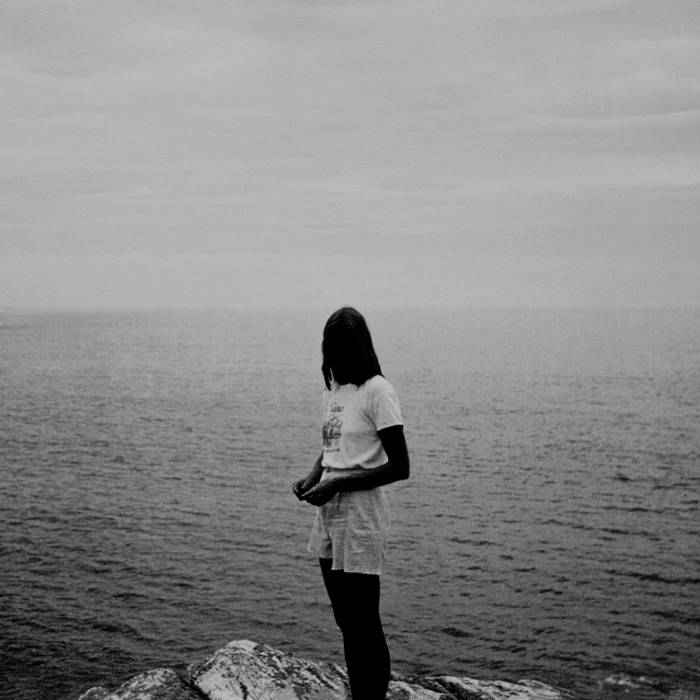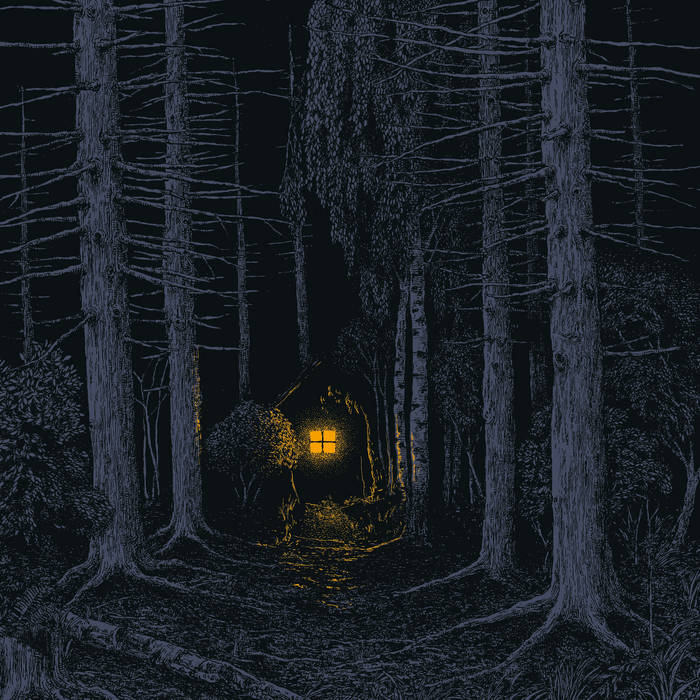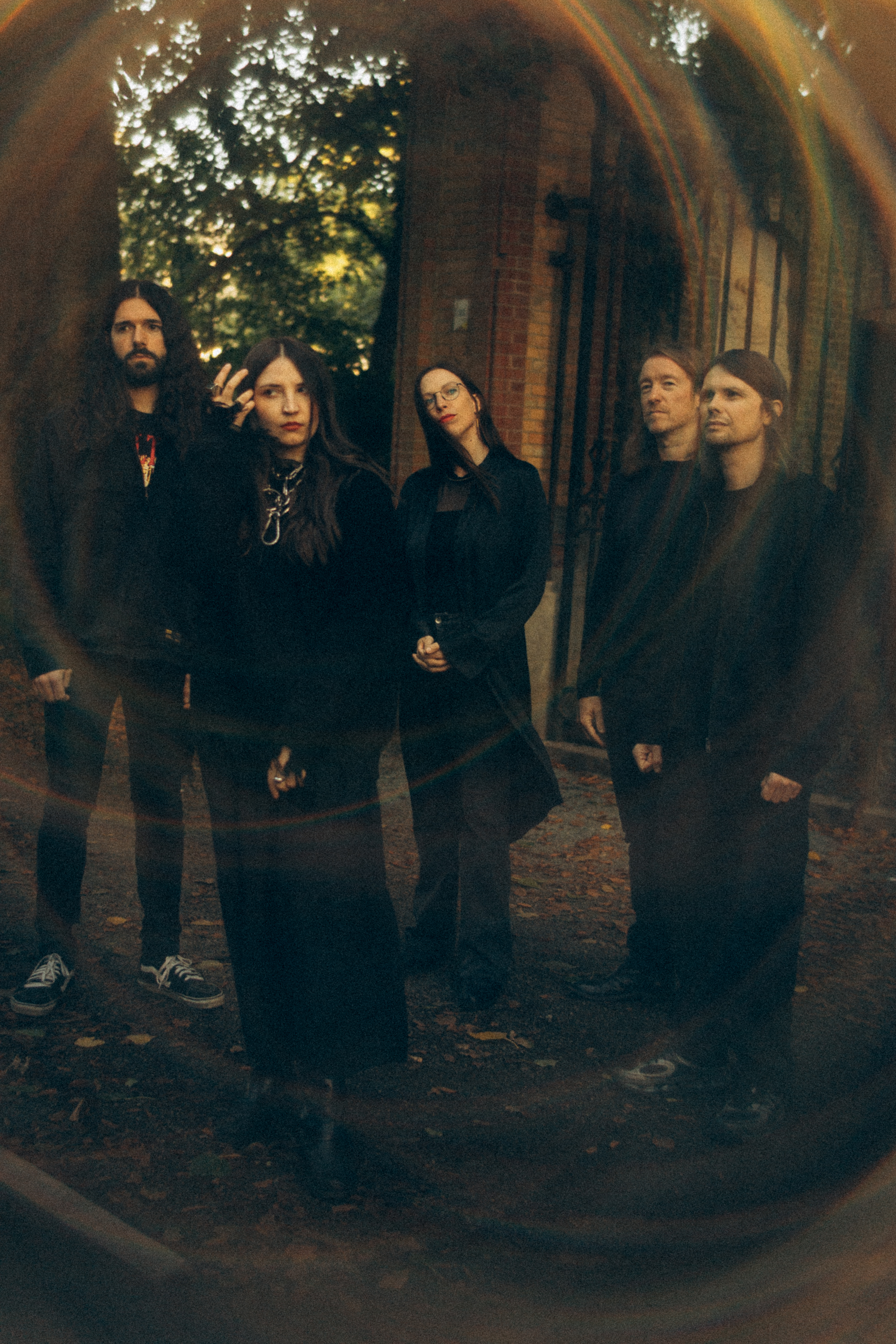Forensic investigators use luminol to detect trace amounts of blood at crime scenes, as it reacts with the iron in hemoglobin. Biologists use it in cellular assays to detect copper, iron, cyanides, as well as specific proteins via western blotting. That’s what Wikipedia says about the usages of luminol, music freaks use Luminol as the description for the perfect balance between dreampop, shoegaze, ambient and classic songwriting!
When listening to Luminol, the latest release by now-San Miguel, New Mexico-based artist Madeline Johnston, one gets the notion of her captured and yet captivating soul. It’s like the most beautiful animal captured, taken to a zoo for everybody to see and gaze at, admiring the beauty of it, saying how beautiful that animal must be in its natural habitat. Madeline’s music is similar: pleasing and mesmerizing the audience yet longing for freedom and release, seemingly constraint by the lesions of our rotting bodies.
Even slower in motion than her last full-length, 2020‘s Forever, Johnston surrounds us with an airy mood that seems to emanate from the speakers like real, rippling waves of sound. However, these are not strong enough to fortify us against her vocals which speak of loss, of the body as a cage. The key line is probably “How much more death can one person take?“ (from ”Colorado” - a rhetorical question that cannot be answered, not even by the one uttering it. The line rings with so much despair, so much pain, so much longing for any exit – that we next four words come like the last ripple of life: ”No, I’m not ok”. And even when she seeks shelter from the world around her which frightens her so much, she is confronted with a seemingly bad influence. ”Love will break your heart forever / You’re the secret that I bleed / I’m the promise that you keep / You know I was born to run / But I’ll still be here when you’re done … You’re the secret I can’t speak / I’m your bride, you’re my bad dream / You know I was born to run / But I’m the angel with a gun” (from ”Promise Ring”). Long quotes like this are usually not good for a review, but looking at her work, at the directness and vulnerability of her lines, one cannot but cry. In a way, this track is the combination of ”In The Summer’s When You Really Know” (by Jets To Brazil) and ”Love Will Tear Us Apart Again” (of course, by Joy Division). When the guitars break free after the first half of the track, when the sheer beauty is set apart by some very much-needed riff, - that seems to be the moment when one can congratulate Midwife for this record, before then it was so deep, so depressive that the initial idea might be to call for immediate help.
This one moment, this defining moment resolves all former doubts and fear is the intervention for the narrator of the story and for the audience itself. For the narrator to wake up and live and for the audience to not always think one totally understands the story. There can always be another turn which destroys one’s whole interpretation. This record is not a goodbye-letter but a record to cope with loss and live on. A wonderful, wonderful record from beginning to end. Musically, it’s everything ever wanted by Midwife, lyrically and songwriting-wise it’s another step towards simple perfection. Johnston’s music is not complicated, it’s clear; it’s not overly construed by its environs but it is surrounding the listener. And in some ways, it’s a new definition of luminol: Luminol is a record by Midwife which is cleverly adding shoegaze and dream-pop to ambient and noise and it shows the fragility of self and interpretation.








